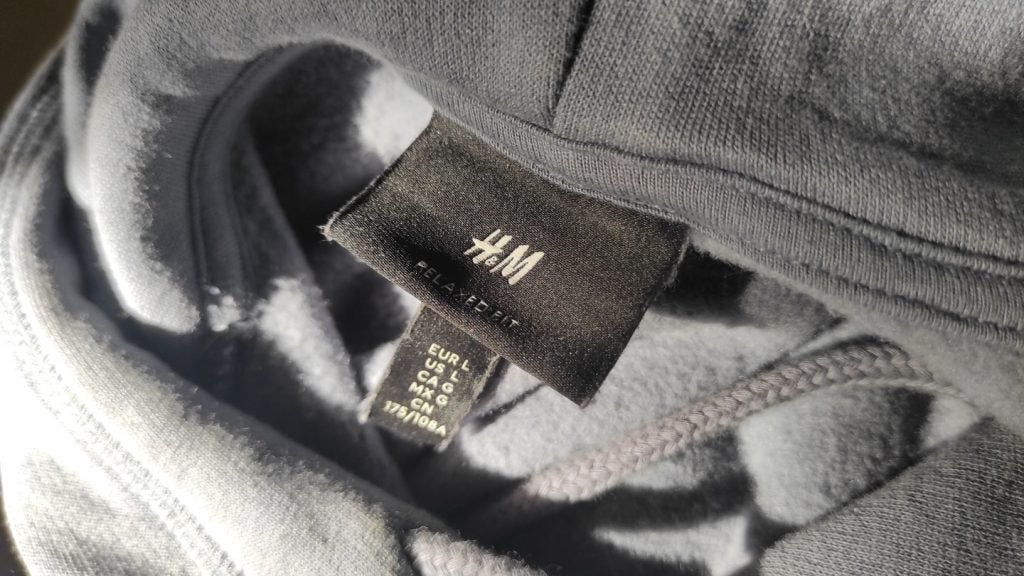Fashion retailer H&M Group has partnered with Rondo Energy, a zero-carbon industrial heat and power provider, to explore the integration of heat storage technologies within its supply chain.
The strategic move includes an investment in Rondo and a seat on Rondo's strategic investor advisory board.
The collaboration will allow Rondo to provide clean, affordable heat for H&M’s textile factories globally.
Rondo's heat batteries combine traditional materials and modern automation to convert intermittent renewable electricity into continuous, high-temperature heat and power.
The technology is suitable for industries such as textile production.
H&M Group and Rondo will explore opportunities for transitioning factories in H&M's supply chain from fossil fuels to the clean energy provided by Rondo.
The investment from H&M Group Ventures will support Rondo's expansion of international operations and the development of storage projects.
As part of Rondo's advisory board, H&M Group joins other industry giants in the pursuit of scalable, cost-effective, zero-carbon energy solutions.
H&M Group Ventures sustainability investment Laura Coppen said: "Rondo is H&M Group Venture's first investment in decarbonisation technology. The company's thermal battery energy storage has the potential to help factories electrify, which is key to achieving our climate targets."
Rondo Heat Batteries offer deep decarbonisation by changing the fuel, not the factory.
According to Rondo, these batteries could significantly reduce the carbon footprint of clothing production by replacing the majority of fossil fuel use.
H&M Group has been proactive in decarbonising its supply chain through initiatives aimed at supporting suppliers in reducing energy consumption, increasing renewable electricity use and phasing out fossil fuels. Its investment in Rondo represents a further commitment.
Rondo Energy founder and chief innovation officer John O'Donnell said: "Producing and finishing fabrics requires large amounts of low-cost energy, which makes our brick batteries a perfect fit. Today, coal delivers most of the heat and most of the carbon pollution making fabrics, because it's always been cheap and simple to burn.”









